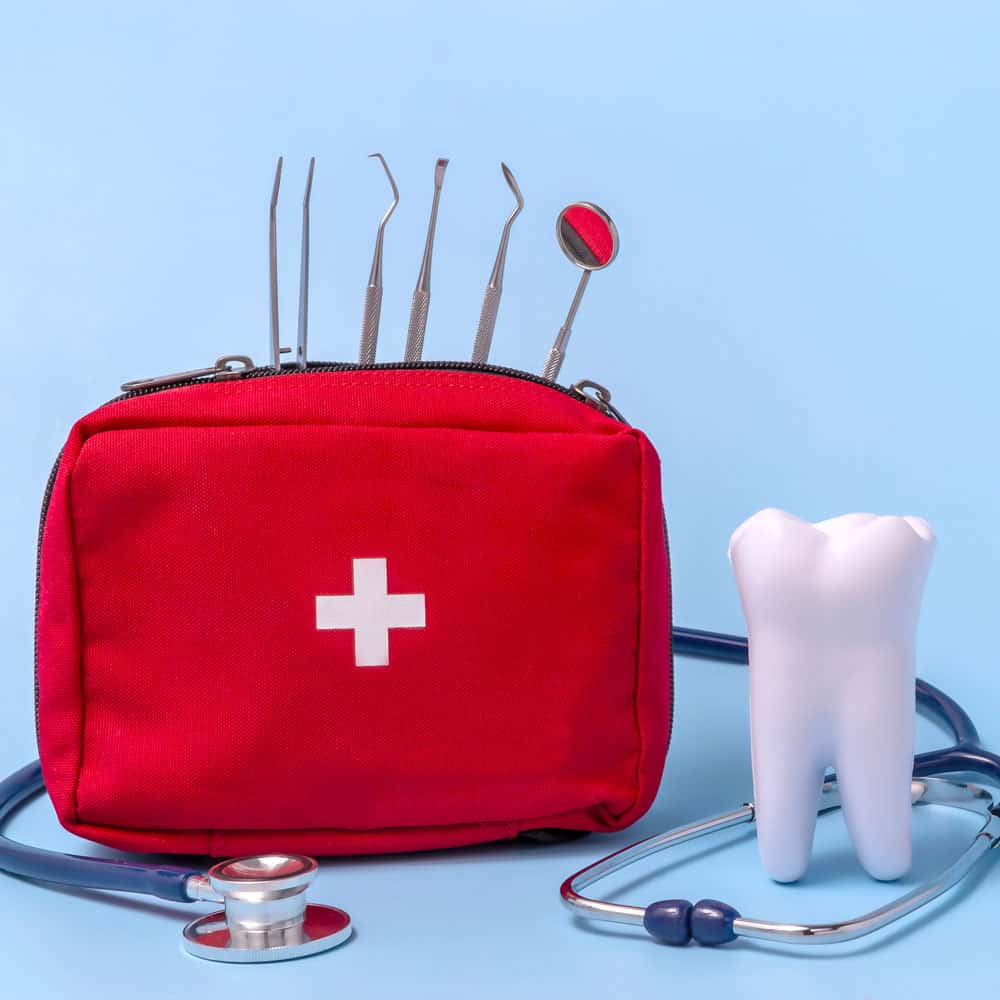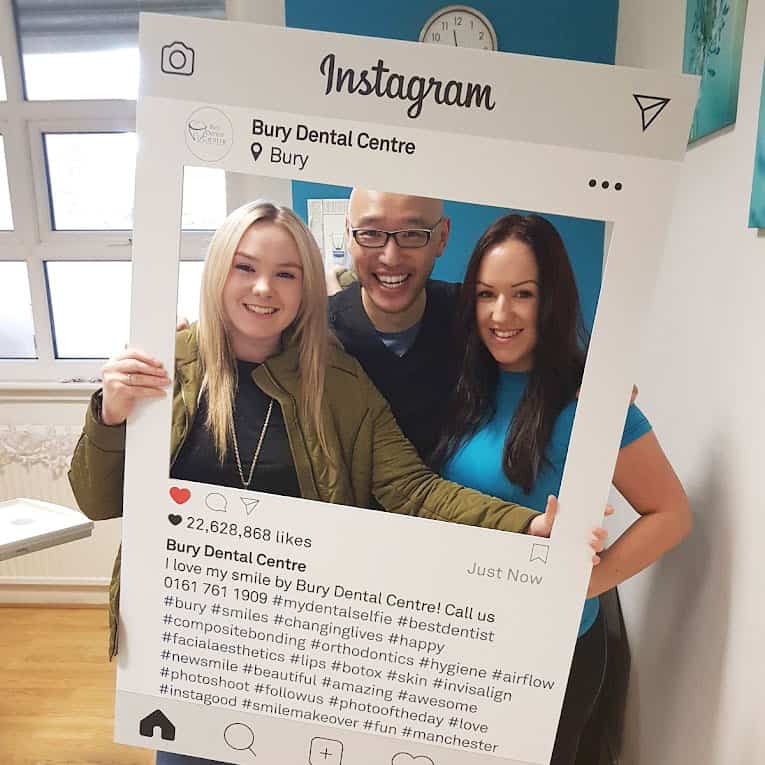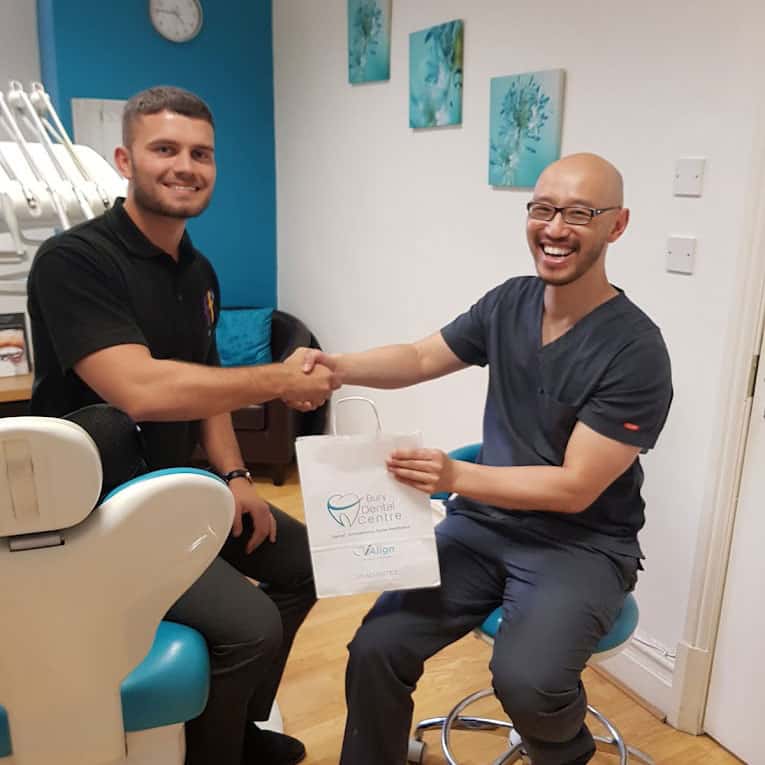Opening Hours
- Mon: 10am - 5:45pm
- Tue: 10am - 5:45pm
- Wed: 10am - 5:45pm
- Thu: 10am - 5:45pm
- Fri: 10am - 2:45pm
- Alternate Sat: 10am - 2:45pm
- Sun: Closed
We are ready to provide immediate relief and support when you need it most! Dental emergencies can happen unexpectedly, causing pain and discomfort.
A dental emergency refers to any situation involving your teeth or mouth that requires immediate attention from a dentist. Examples of dental emergencies include severe toothaches, knocked-out teeth, broken or cracked teeth, severe bleeding or swelling, and injuries to the mouth or jaw. It is important to seek prompt dental care in these situations to prevent further complications.
If you believe you are experiencing a dental emergency:

In a dental emergency, dentists typically prioritize urgent cases and try to provide appointments as soon as possible. However, the availability of immediate appointments may vary depending on the dentist's schedule and the nature of the emergency. It is best to contact your dentist or an emergency dental clinic directly to explain your situation and inquire about their availability. They will guide you on the next steps and try their best to accommodate you as quickly as they can.
Pain can be subjective, so it is not always easy to determine a specific threshold for qualifying as a dental emergency based on pain alone. However, severe, and persistent pain that affects your daily activities or is accompanied by other symptoms like swelling, bleeding, or difficulty in eating or speaking may indicate a dental emergency.
If you're dealing with a dental emergency and the bleeding won't stop, here's what you can do. First, try applying firm pressure to the area with a clean cloth or gauze for about 10-15 minutes. Keep your head elevated and consider using an ice pack wrapped in a cloth to reduce swelling. If the bleeding continues or gets worse, make sure to reach out to your dentist or seek immediate medical attention.
There is a possibility that it can be put back in, especially if you act quickly. It is important to manage the tooth carefully by the crown (the part that's usually visible in the mouth) and avoid touching the root. Rinse the tooth gently with water if it is dirty, but do not scrub or remove any tissue fragments. Then, try to reinsert the tooth into its socket and hold it in place with a clean cloth or gauze. If you cannot reinsert it, keep the tooth moist by placing it in milk or a tooth preservation solution. Then, seek immediate dental care. Time is crucial in increasing the chances of successful reimplantation, so do not delay in seeking professional help!

Remember, it is important to consult with a dental professional for personalized advice and treatment. Never try to treat yourself.
Our experienced team of dental professionals is here to help you during those urgent moments. Whether you are experiencing severe tooth pain, a broken tooth, or any other dental emergency, we’re equipped to provide prompt and effective care. Our goal is to alleviate your pain, address the issue, and restore your oral health as quickly as possible. Do not wait in agony – contact us right away for emergency dental care!




Fill out the form below, and we will be in touch shortly.